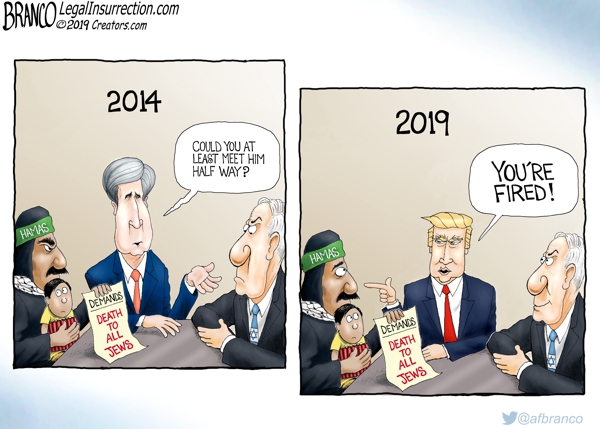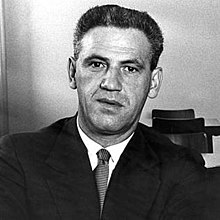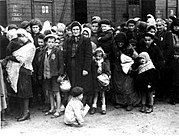- Mar 27, 2012
- 15,389
- 6,498
- 390
The People's Republic of China......OBVIOUSLY a Republic.
Idiot.....
The PRC named itself after everybody already knew they were communists and after they took power.
Same with the DPRK.
socialist scum love doing that shit. Gives them a grin
Hitler named the NSDAP in 1921. Before anybody even knew who they were.
They ran for, and won, many different elections in Germany AS socialists until, eventually, they legally took power in 1933. AS SOCIALISTS.
You're not a serious person. Just another PAWG
idiot









